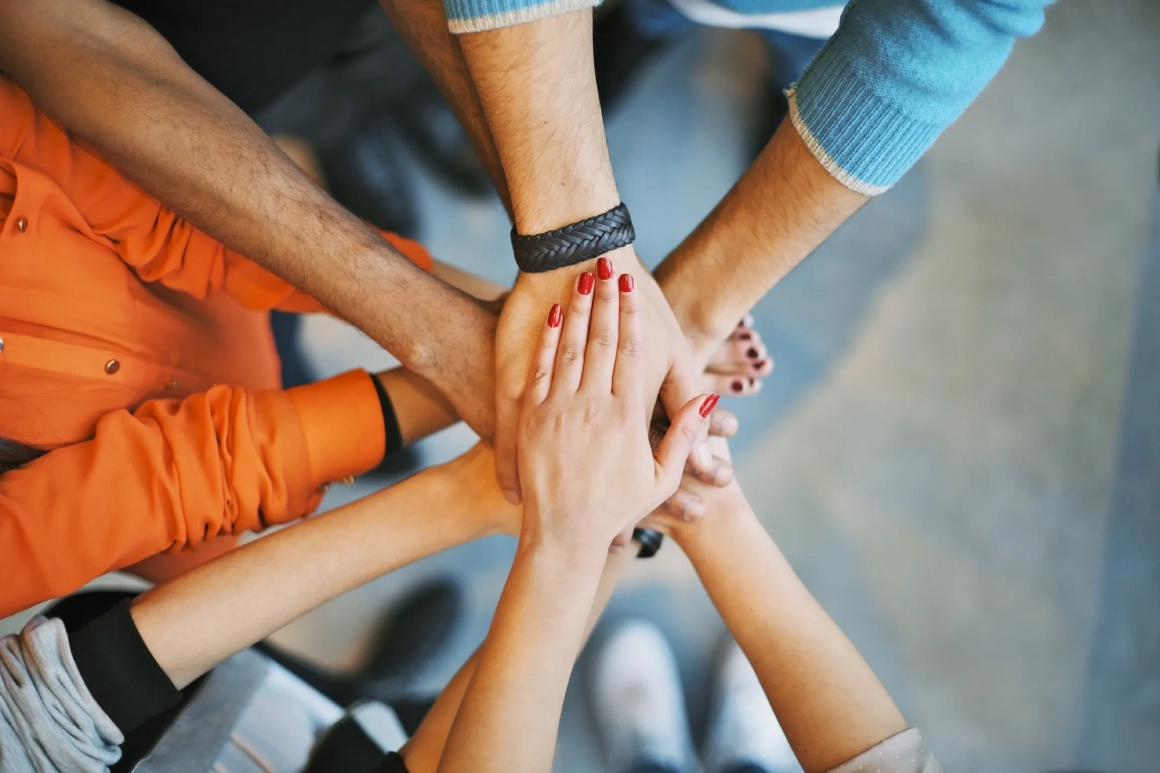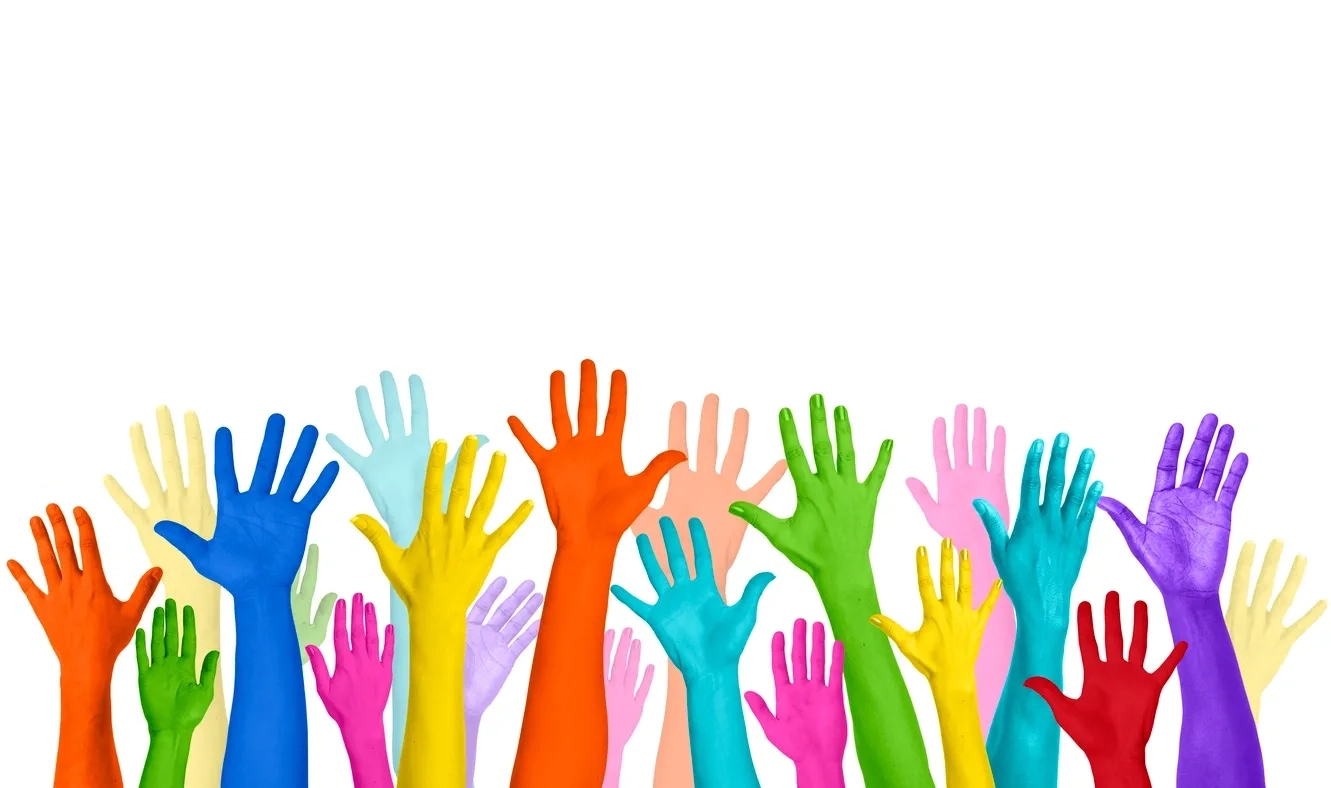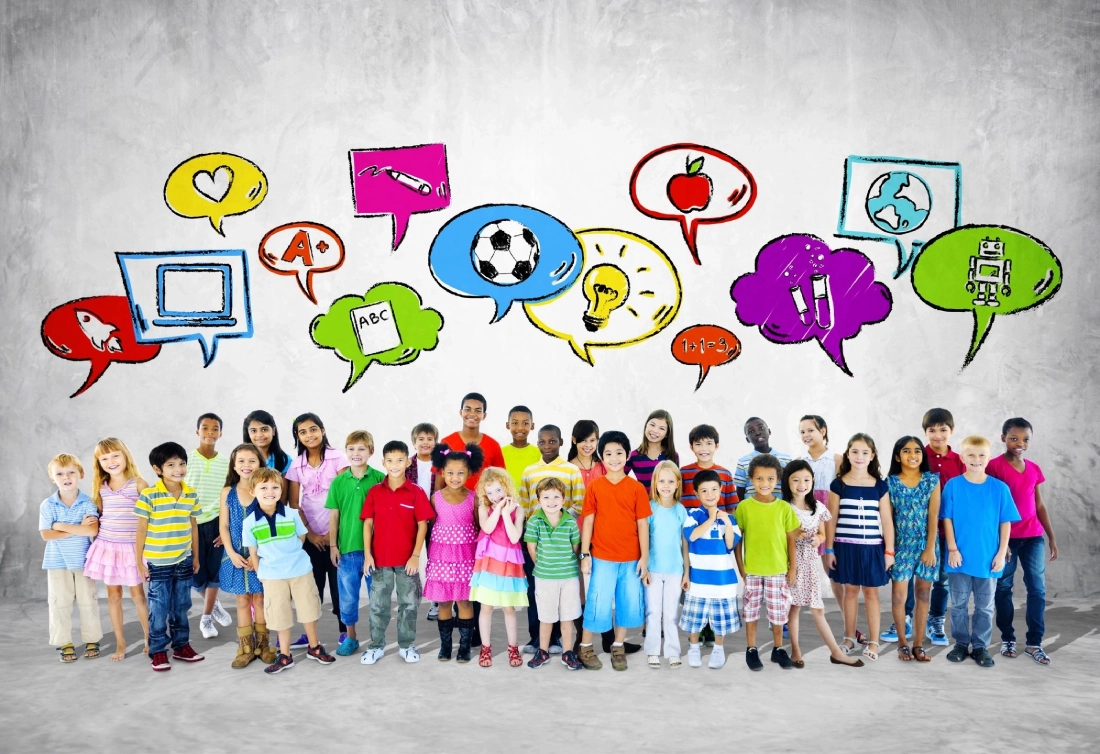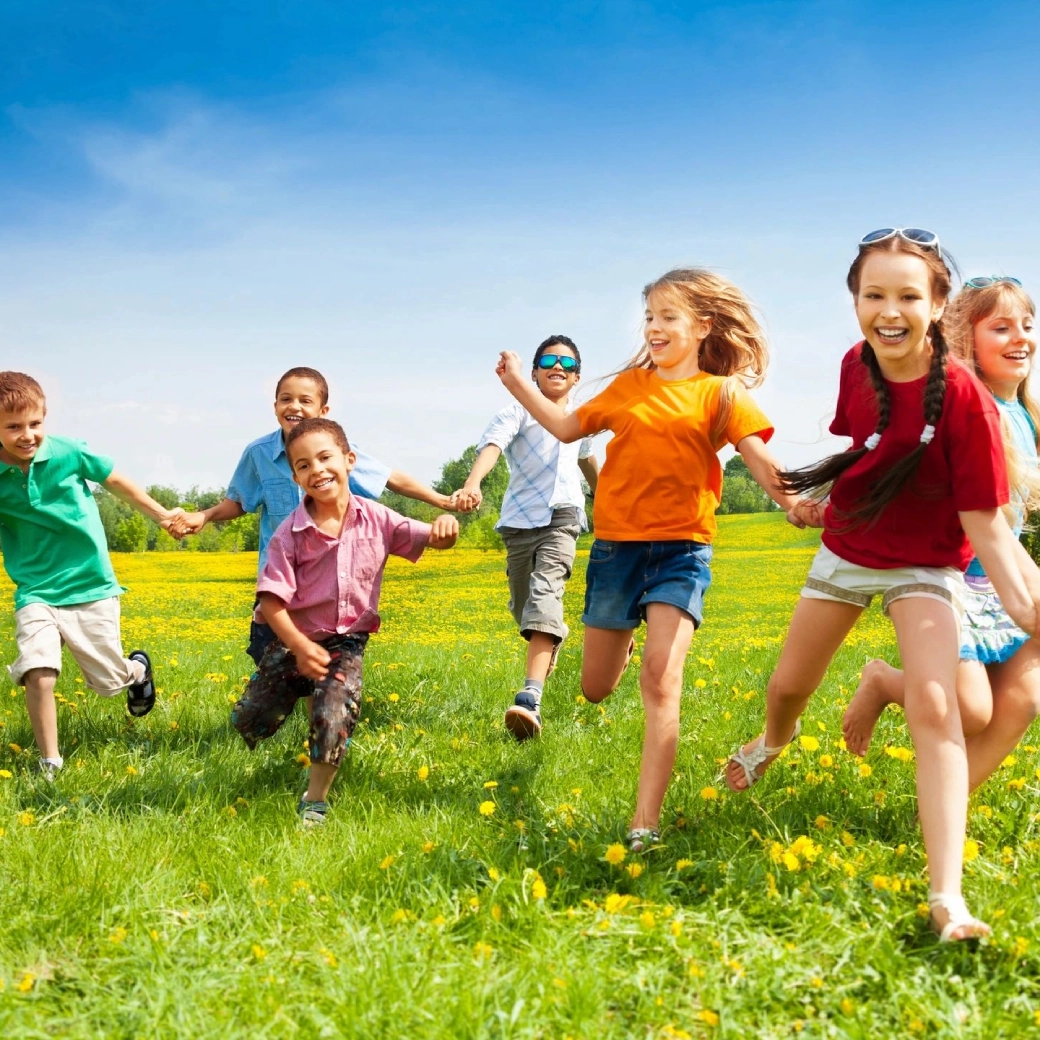
The Teen Brain – Raising Resilient Teens
“The Teen Brain – Raising Resilient Teens” is a comprehensive guide to understanding the incredible transformation that takes place during adolescence. This period is one of rapid brain development, shaping not only how teens think, feel, and behave but also influencing the trajectory of their adulthood. During the workshop, I delve into the inner workings of the teenage mind, offering insights into the neurological, emotional, and social changes that characterise this unique stage of life.
“The Teen Brain – Raising Resilient Teens” is a 1-day workshop for parents, teachers, health care professionals, social workers, managers, facilitators; anyone who wishes to help encourage a positive growth mindset and enhance the emotional and mental well-being of the teenagers in their care.
Key Topics Include
Brain Development
Understanding the neurological changes that drive growth and adaptability.
Emotional Regulation
Navigating mood swings and developing strategies for balanced emotions.
rISK-TAKING AND IMPULSIVITY
Exploring why teens are more prone to taking risks and the science behind it.
Social Influence
Examining peer pressure, social development, and the importance of positive friendships.
Critical Thinking and Problem-Solving
Fostering skills for independent thought and effective decision-making.
With practical guidance on supporting identity exploration, resilience, autonomy, and mindfulness; “The Teen Brain – Raising Resilient Teens” workshop provides tools to help teens navigate complex developmental tasks. It also provides methods for active listening, communication strategies, and approaches to encourage healthy sleep patterns. Whether you are a parent, teacher, social worker, or mentor, this resource equips you to support teens as they forge their unique paths with confidence and clarity.
Counselling - Teenagers
The distress from anxiety often interferes with a person's ability to lead an everyday life. For example, the person will often feel very nervous about the potential dangers of what could or might happen in certain situations, leaving them feeling constant worry, frozen with fear, stressed, and overwhelmed.
Anxiety disorders include specific phobias, panic, social, and generalised anxiety disorders.
Anxiety disorders are the most common mental health disorders among teenagers. According to the National Institute of Mental Health (NIMH), approximately 32% of adolescents between the ages of 13-18 will experience an anxiety disorder at some point during their lifetime. Some common anxiety disorders among teenagers include generalised anxiety disorder (GAD), social anxiety disorder, panic disorder, and specific phobias.
The onset of anxiety during the teenage years can be attributed to a combination of biological, psychological, and social factors.

Hormonal Changes
Society can often place expectations on teenagers to excel in various areas, such as academics, athletics, appearance and social life. These expectations can create pressure and trigger anxiety
Brain Development
The teenage brain has a period of rapid growth and development. This includes the restructuring of neural connections and the development of prefrontal cortex, which is responsible for reasoning and decision-making. However, this process is not fully complete, and the still-developing brain may have difficulty in regulation of emotions and responding to stress, increasing the susceptibility to anxiety.
Identity Formation
Teenagers are forging their individual identities. They are exploring their beliefs, values and interests, and this self-discovery process can be anxiety-provoking. The pressure to establish an identity and find a sense of belonging can cause stress and anxiety.
Social Pressure
Adolescence is a time of heightened social interaction. Teenagers are navigating peer relationships, friendships, romantic interests and social hierarchies. The fear of rejection, the desire for acceptance, and the constant comparison to peers can contribute to anxiety.
Increased Responsibility
As teenagers transition from childhood to adulthood, they are faced with new responsibilities and challenges, such as academic studies, part-time jobs or extracurricular activities. Balancing these responsibilities can be overwhelming and lead to anxiety.
Societal Expectations
Society can often place expectations on teenagers to excel in various areas, such as academics, athletics, appearance and social life. These expectations can create pressure and trigger anxiety
Environmental Factors
Factors such as family dynamics, traumatic events, socioeconomic status, and cultural influences can also contribute to the onset of anxiety during adolescence.

Mindful Counseling for Growth
I use a wide range of low, medium and high-level therapeutic interventions such as CBT [cognitive behavioural therapy] mindfulness and meditation techniques during the counselling sessions.
Counselling provides a safe space where the person can express themselves in confidence without judgement. By allowing the person to express their feelings and emotions; it increases their resilience, develops communication skills, builds confidence, improves general well-being and relationships with family members and peers.
Mindfulness is simply the art of being awake in the moment, of bringing our attention into the now. Of tuning into the present, stilling our minds, and slowing down. Being awake in the moment brings us time to be in creation rather than in reaction. In this place of being, we can choose to move our focus of attention from what we don’t want to have happened, to what we do. Then we can consciously create the steps to take us there.
Mindfulness and meditation is a lot more than a strategy to manage difficult situations. It is a way to cultivate a more balanced relationship with oneself in relation to life using the tools, techniques and useful insights to embody a more mindful way of life.
I Can Provide Counselling in the Following Areas
I have completed an Advanced Child Protection, Safeguarding Young People Courses. All certifications are available upon request.

Mindset Matters - Kids Life Coaching
In today’s fast-paced and ever-changing world, children and young people face unique challenges that are often underestimated. With the aftermath of the COVID-19 pandemic affecting education, social interaction, and emotional well-being, children and young people are more vulnerable to mental and emotional struggles. This is where “Mindset Matters – Kids Life Coaching” steps in. It is a specialised coaching approach aimed at helping children and young people navigate life’s complexities, build resilience, and develop critical life skills early on.


